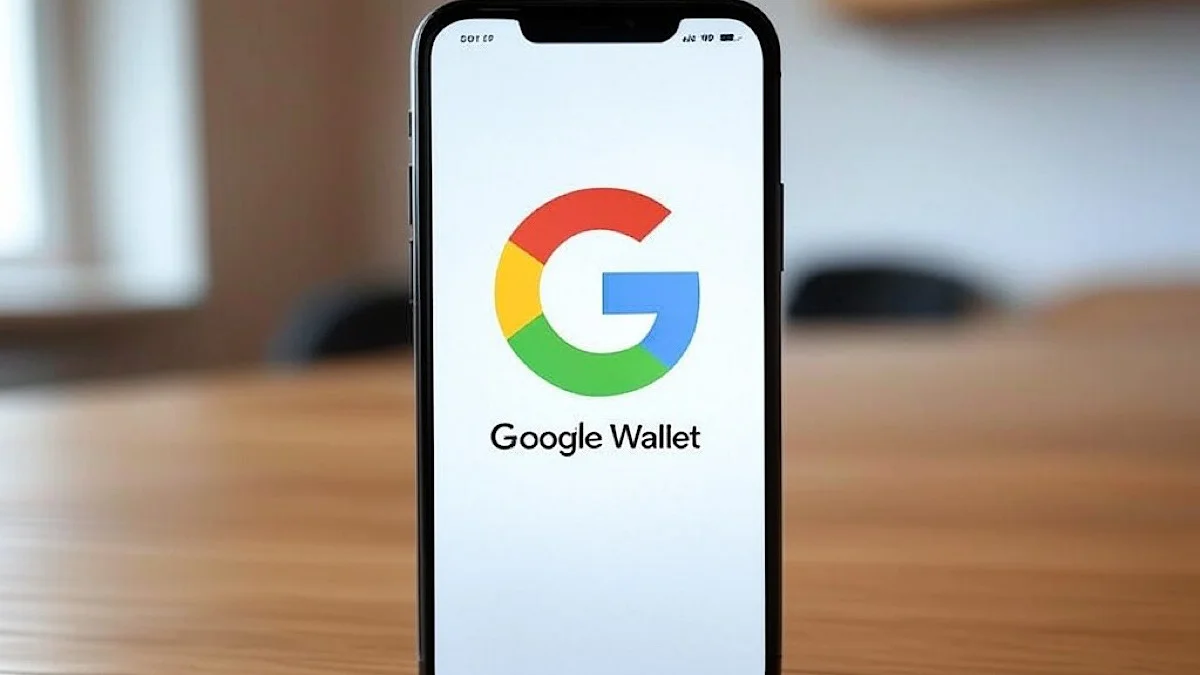In December 2024, excitement grew as Google announced its global rollout of Google Wallet, sparking interest across countries, including Pakistan. Known for its robust features—storing payment cards, loyalty cards, boarding passes, event tickets, and enabling contactless NFC transactions—Google Wallet’s launch was expected to redefine Pakistan’s digital payment ecosystem.
However, recent updates unveiled a surprising twist: Pakistan, alongside Egypt and Venezuela, will only receive a “Passes-Only” version of Google Wallet.
What Is the Passes-Only Version of Google Wallet?
This scaled-back version offers limited functionality, restricting users to storing and managing:
- Boarding passes
- Event tickets
- Loyalty and membership cards
Key features like contactless payments, credit/debit card integration, and NFC transactions—the hallmarks of the full Google Wallet—are notably absent.
Why a Limited Launch in Pakistan?
Google’s decision to roll out a stripped-down version of Google Wallet in Pakistan is likely influenced by:
Regulatory Challenges
- Financial platforms often face hurdles in obtaining regulatory approvals and complying with local financial and data security laws. The passes-only version could be a way for Google to establish an initial foothold while navigating these complexities.
Market Evaluation
- Emerging markets like Pakistan hold immense potential. Google might be testing the waters to gauge user adoption before committing to a full-scale launch.
Infrastructure Constraints
- Features like NFC payments require robust infrastructure, including merchant adoption and seamless financial system integration, which might still be developing in Pakistan.
User Reactions: From Excitement to Disappointment
The initial buzz positioned Google Wallet as a game-changer, sparking discussions about its potential to challenge local digital wallet leaders such as Easypaisa, JazzCash, Sadapay, and Nayapay.
However, the limited functionality of the passes-only version has dampened user enthusiasm. Many took to online forums to express their disappointment.
A forum user remarked:
“Like 90% of phones in Pakistan don’t even have NFC, so the lack of contactless payments isn’t surprising. UBL Pay at least has a Wear OS app, so you’re not missing much compared to Google Wallet.”
Impact on Local Digital Wallet Players
Without contactless payments or financial integration, Google Wallet’s passes-only version is unlikely to disrupt the dominance of local players. Platforms like Easypaisa and JazzCash already offer a comprehensive suite of services, including:
- Mobile wallets
- Peer-to-peer payments
- Utility bill payments
- Merchant integration
Had the full version launched, local platforms might have faced pressure to innovate and enhance their offerings. Instead, the competitive landscape remains largely unchanged, at least for now.

Why the Passes-Only Version Isn’t Enough
For Pakistani users, the passes-only version falls short in key areas:
No Contactless Payments
- NFC transactions, a primary attraction of digital wallets, are absent.
Lack of Financial Features
- Local users highly value functionalities like money transfers, bill payments, and online shopping, which are already available in local wallets but missing in Google’s limited version.
While the introduction of a passes-only Google Wallet in Pakistan provides basic functionality for managing digital passes, it fails to meet the high expectations set by the initial announcement. Local players like Easypaisa and JazzCash can breathe easy, knowing they won’t face significant competition—yet.
However, a future full-scale rollout of Google Wallet could still disrupt Pakistan’s digital payments ecosystem, driving innovation and enhanced user experiences. For now, the market remains firmly in the hands of homegrown platforms.

